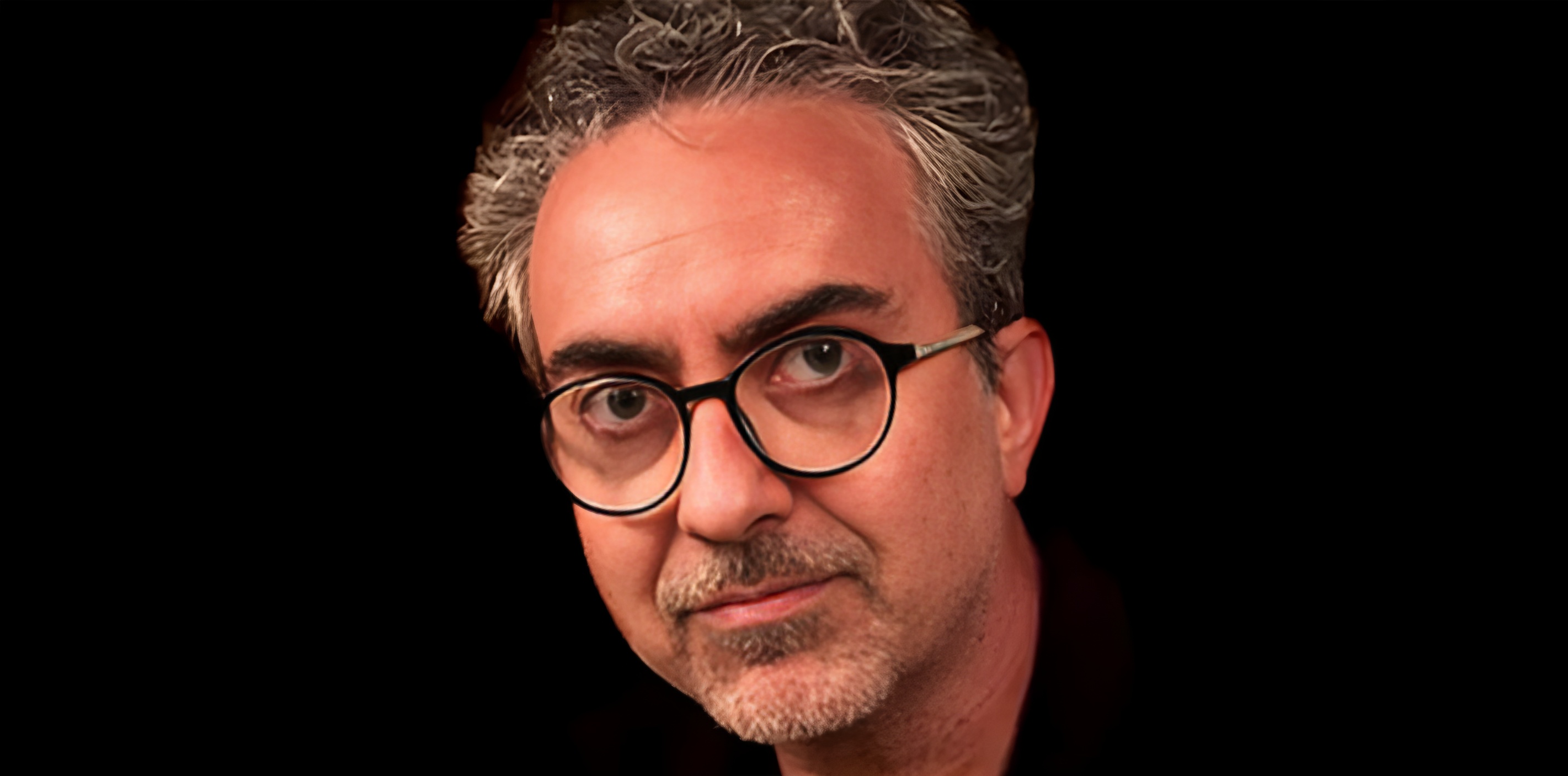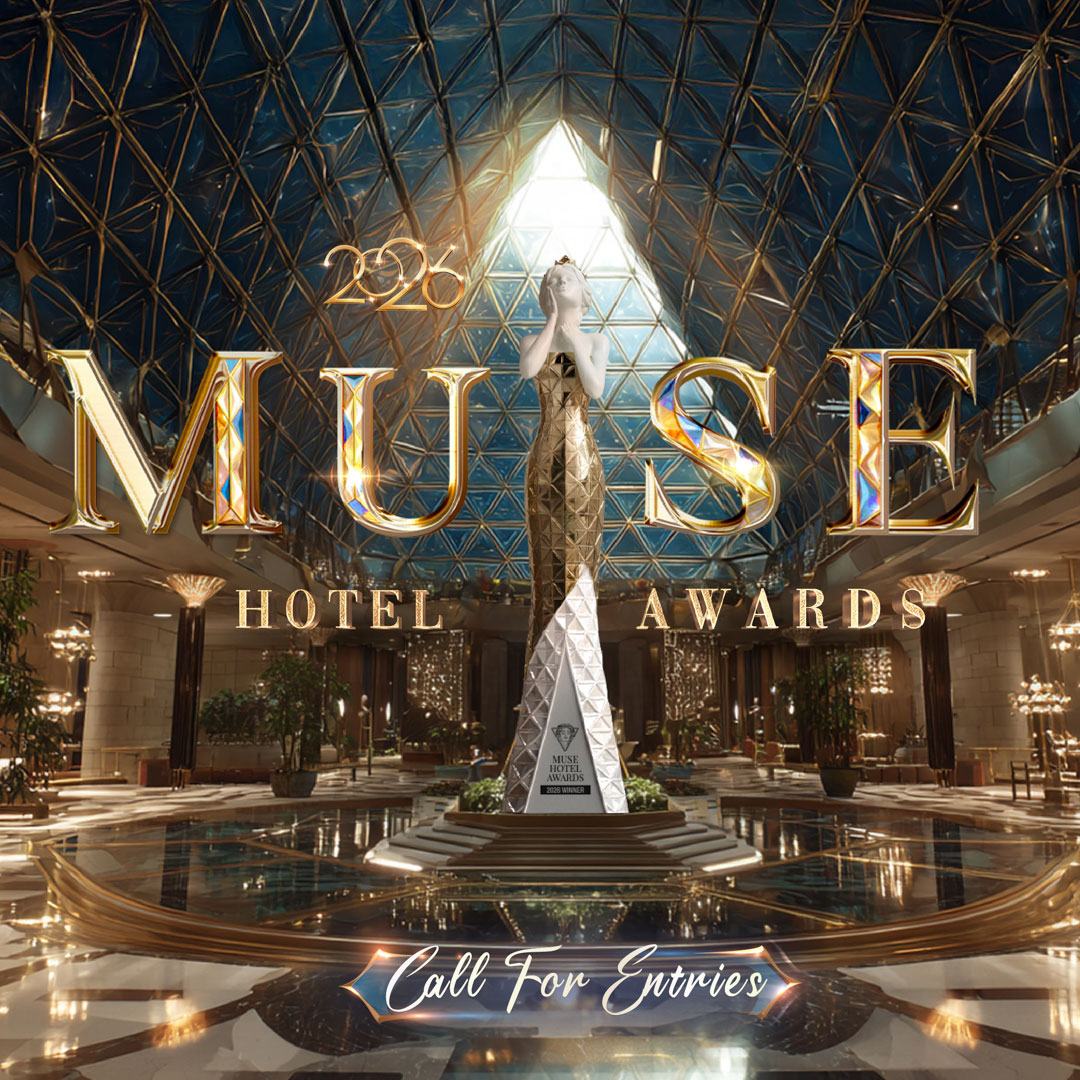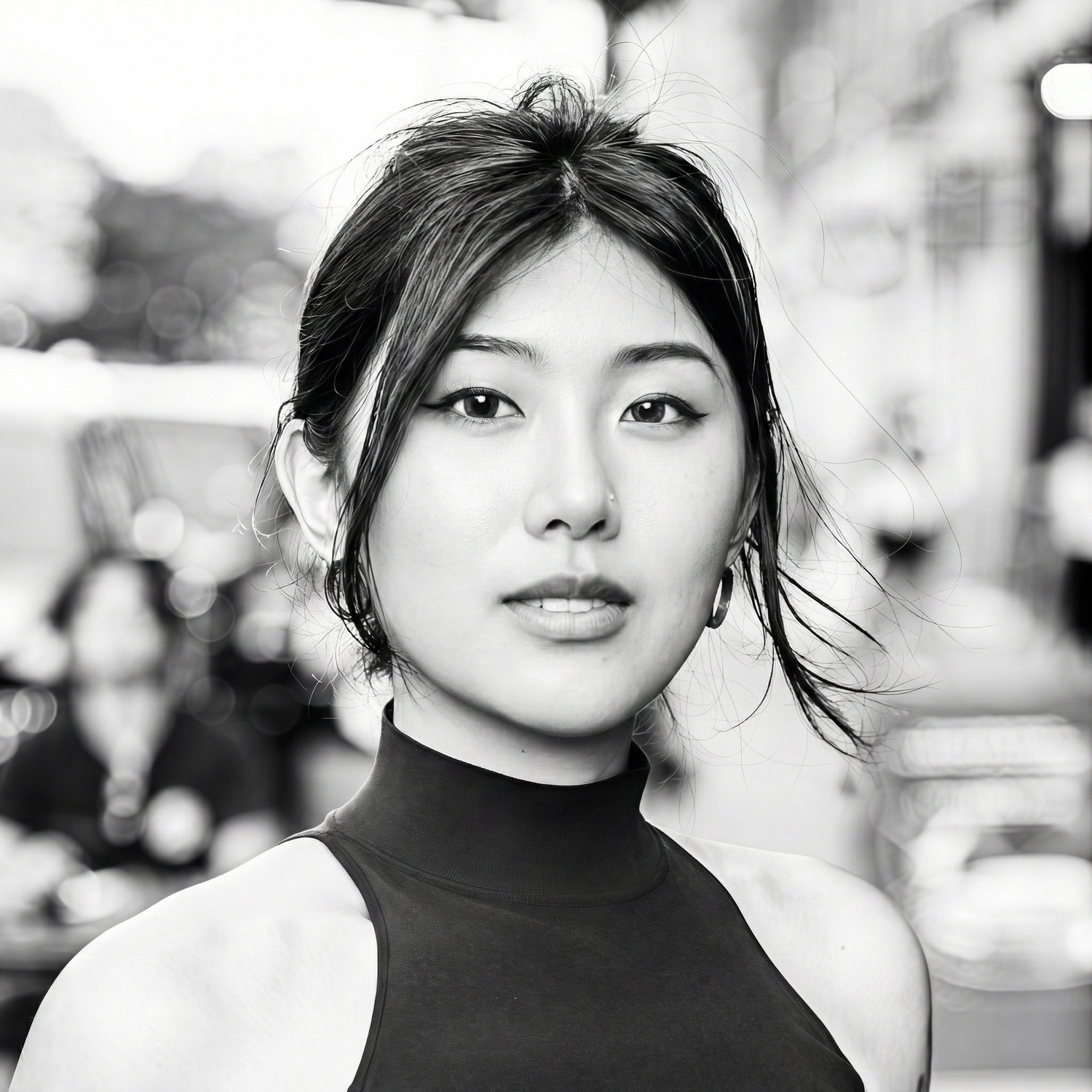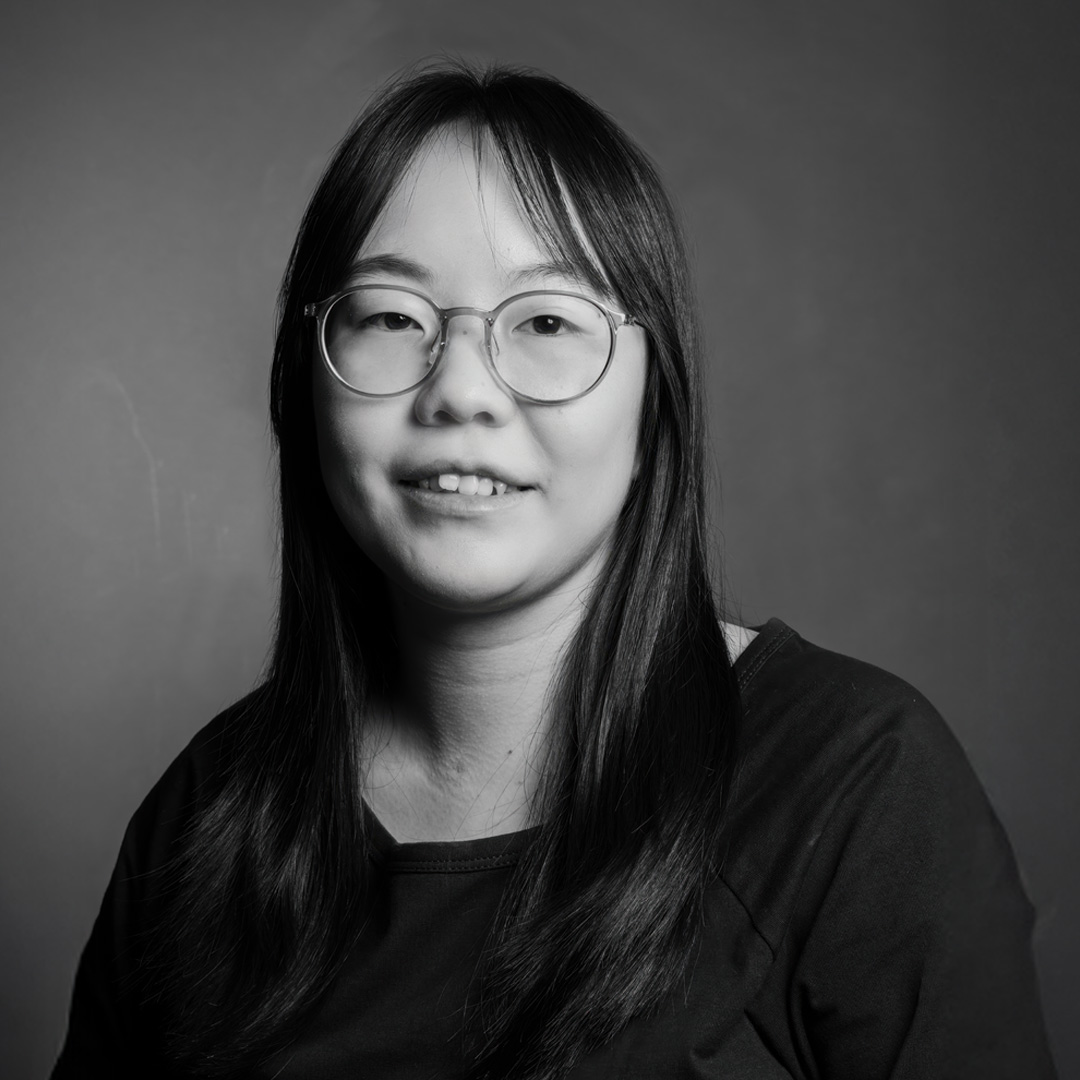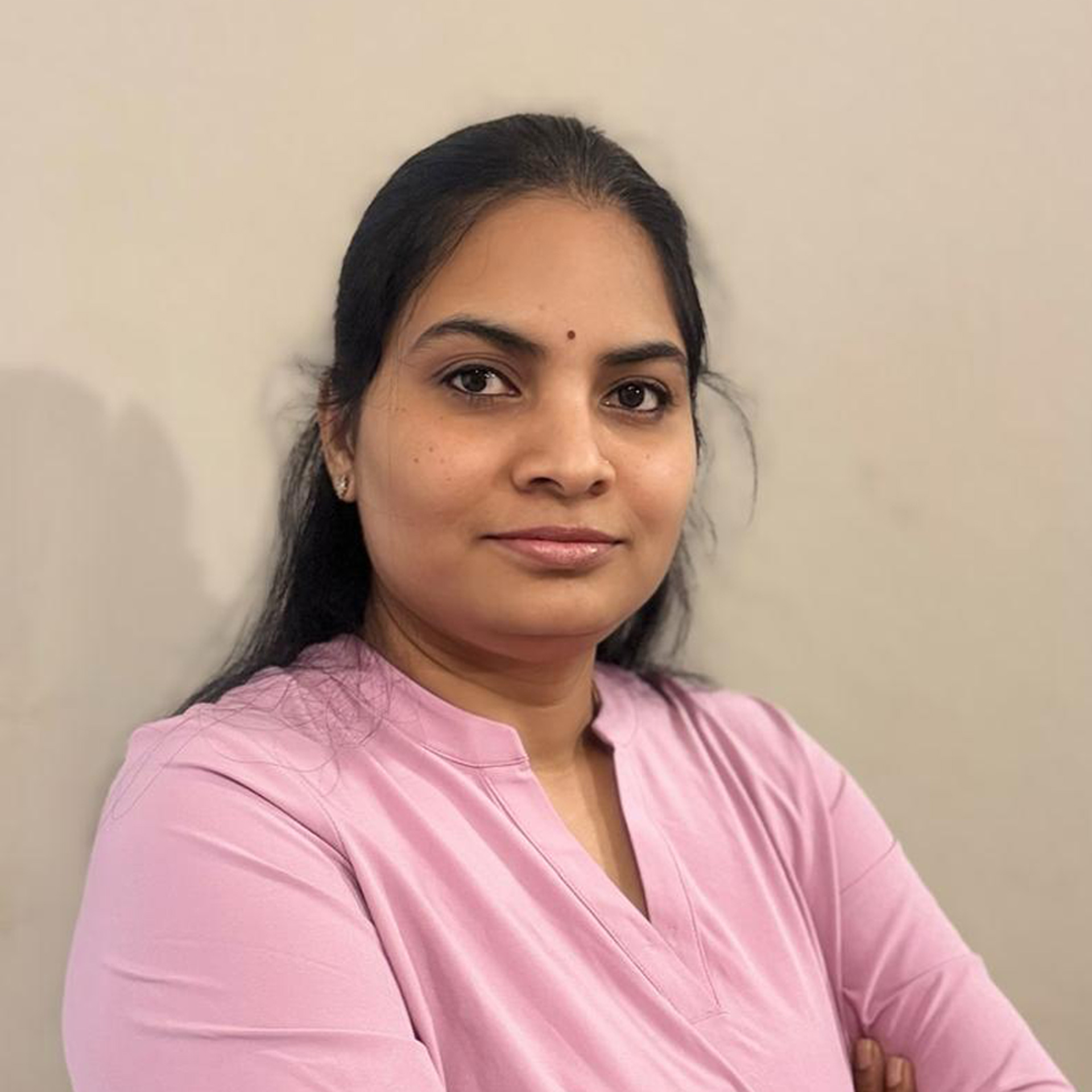Luis Alberto Naranjo and the Cinematic Journey of Buena Suerte
Luis Alberto Naranjo
Starting his musical journey at the age of eight, Luis Alberto Naranjo released his first self-published album after years of study. He later built a decade-long career in his own studio before moving into the world of film composition, a passion he continues to pursue today.
My career began at the age of eight, when I first started creating music. After several years of study, I released my first self-published album.
For the next ten years, I focused on recording and producing in my own studio, before moving into composing music for cinema—a field I have dedicated myself to in recent years.
Receiving an award is always a powerful encouragement for a composer. In my case, gaining international recognition from a specialized jury feels like a dream—and it makes me fall in love with music more than ever.
As I mentioned before, music has been within me for as long as I can remember. My very first thoughts were of music—music created by me. It’s something I can’t fully explain, a feeling that runs very deep.
It’s a curious thing, you know? Many of my compositions are born while I’m walking my dog in the park. It may sound a little unusual, but some of my best melodies have come to me this way.
When I’m working on a project, I can’t listen to other music—I focus exclusively on what’s in my mind. It’s also very important for me to be at peace with myself, to find inner calm, so the melodies can truly take flight.
The creative process changes depending on the project—whether it’s for cinema or an original composition. Yet they all converge on one thing: the melody is always the first element I record, and from there the entire symphony grows.
There are also moments when improvisation opens unknown paths, leading me to grow as a composer.
People often tell me that my music feels honest, created from the soul—and I believe that’s exactly the feeling I want to share with listeners. Knowing that I’ve achieved that makes me very happy.
I certainly didn’t have to take big risks to build my career. It has been a hard and difficult road, but I’ve always had some control. In that sense, I feel I’ve been lucky not to face major risks.
I’ve always loved instrumental music. Without a doubt, Vivaldi’s Spring was one of the first pieces I fell in love with, as well as Dvořák’s New World Symphony. And of course, it was Vangelis’ music that ultimately inspired me to choose this profession.
The release of my album Total Eclipse with At-Mooss was undoubtedly a turning point—the moment I truly felt like a professional and knew I didn’t want to dedicate myself to anything else in life. My concerts also mean a lot to me; the connection with people is pure magic.
Classical music is contemporary.
One of my most recent musical bridges left me unsure of how to continue, until I remembered how Mike Oldfield worked with the winds in Hergest Ridge. That memory showed me the path forward and helped me overcome that creative block.
These months I’ve been working on the soundtrack for historical documentaries, as well as on a movie. Thanks to audiovisual music, I get to explore different styles, which allows me to keep learning and enjoying new musical experiences.
Vivaldi would be my choice. His music is elegant, melodious, and undeniably powerful.
I have had the fortune of winning several awards, and the LIT Music Awards is undoubtedly the most important to me. The jury is dedicated to classical music, which is incredible. I encourage you to participate, as it is a very significant recognition that can open doors to professional opportunities—something we are all striving for.
Winning Entry
Media
Explore the journey of Zixiao Ye, the Gold Winner at the 2025 LIT Music Awards. He is also known as Lazypianist, a pianist whose heartfelt performances and cinematic style captivate more than 150,000 listeners worldwide each month.
ADVERTISEMENT
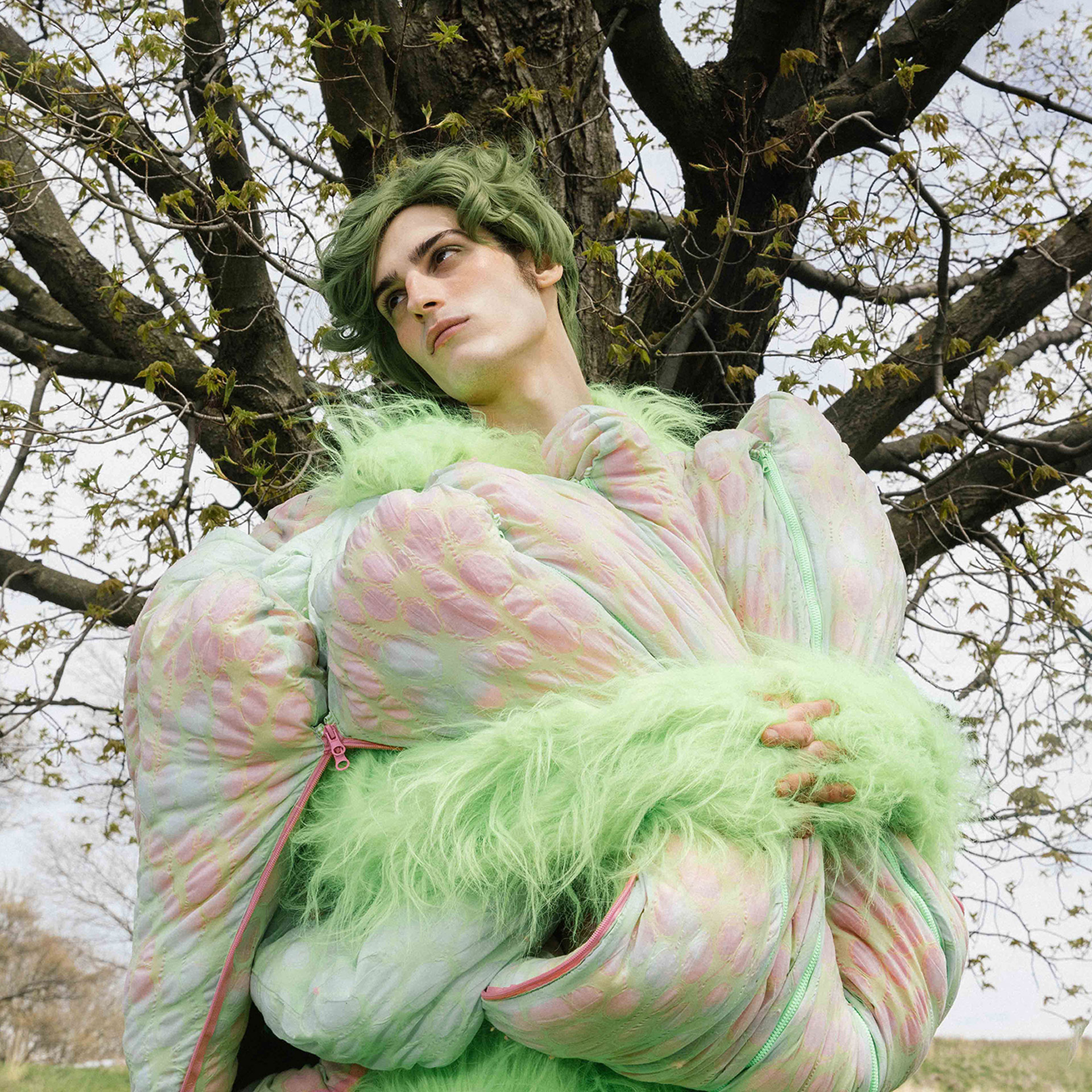
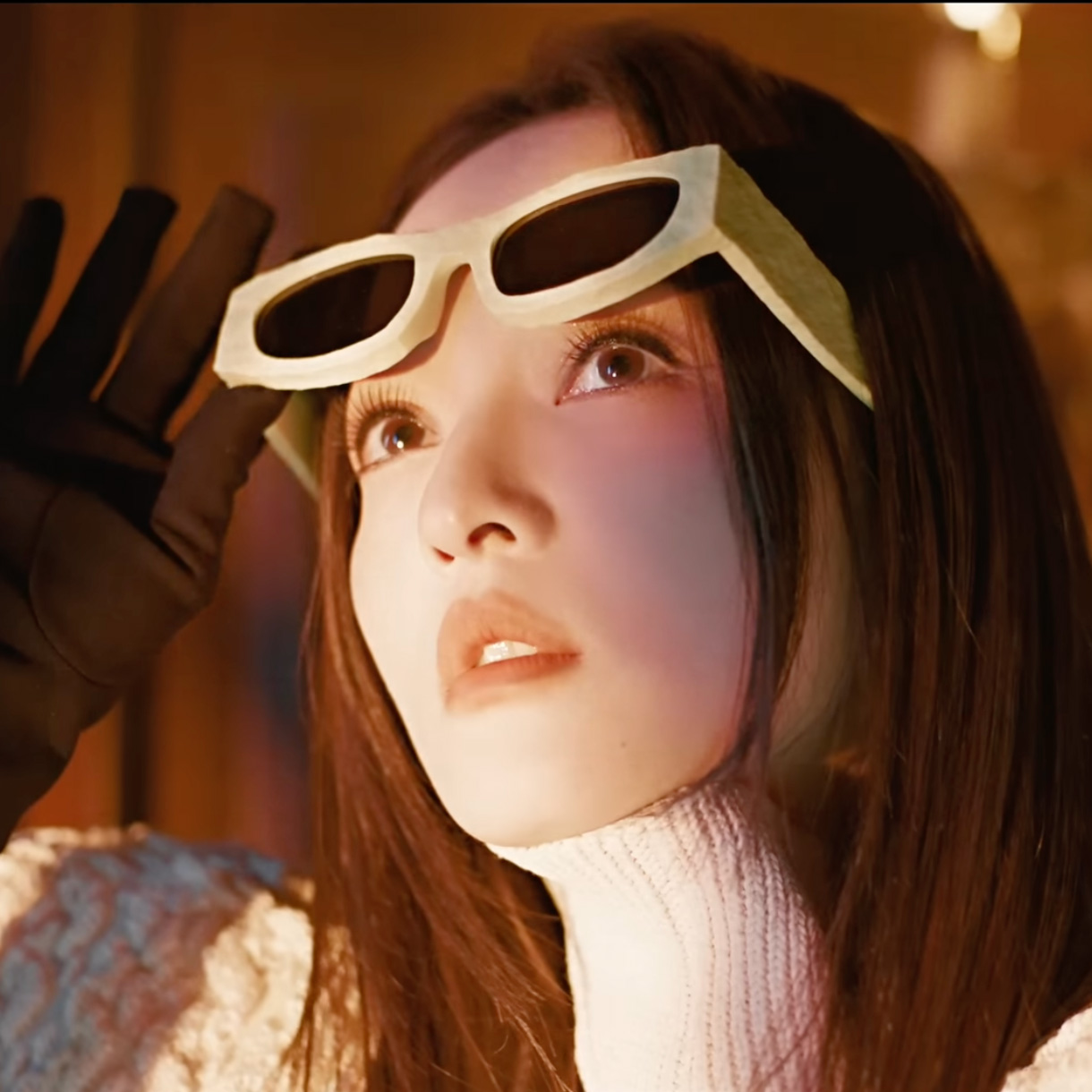




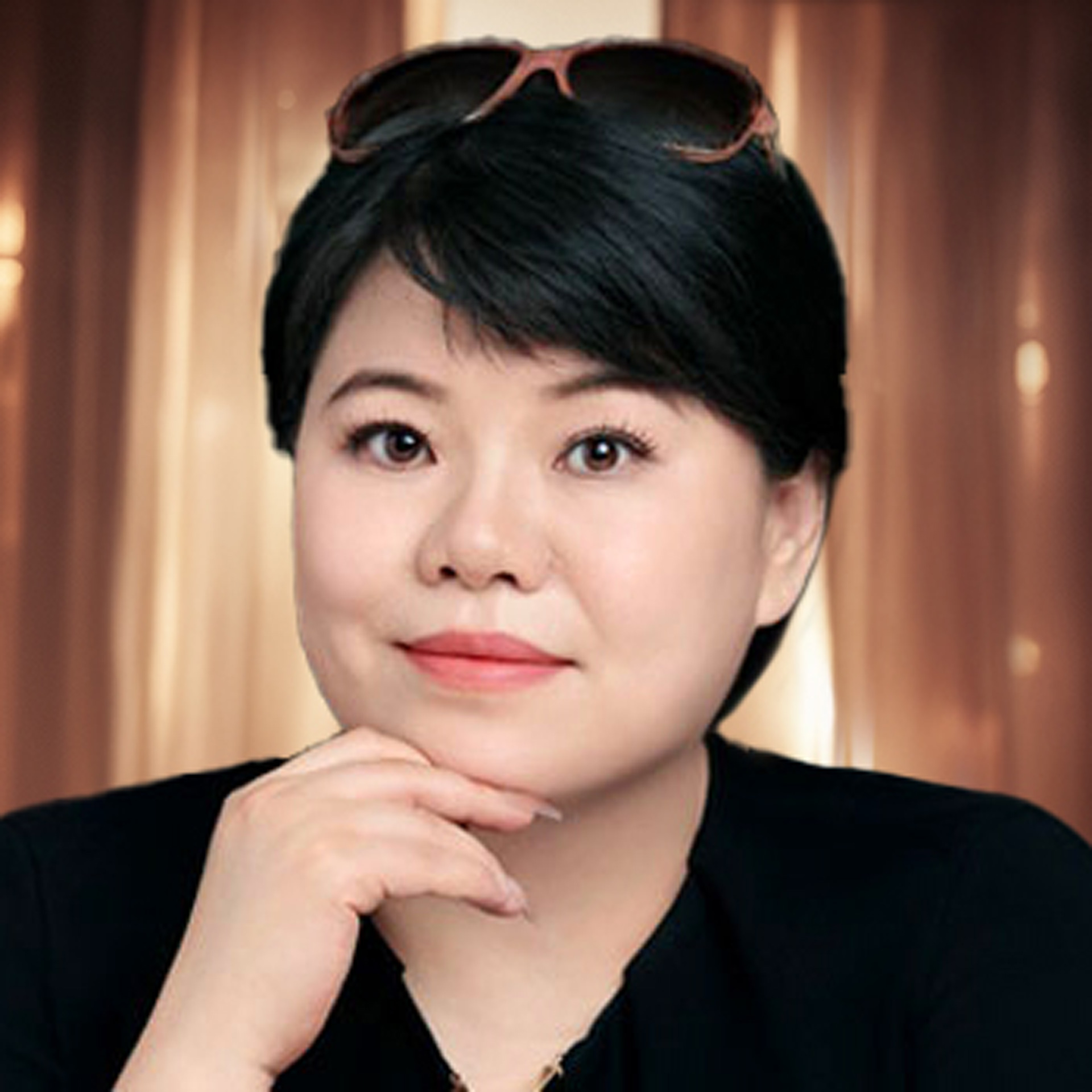

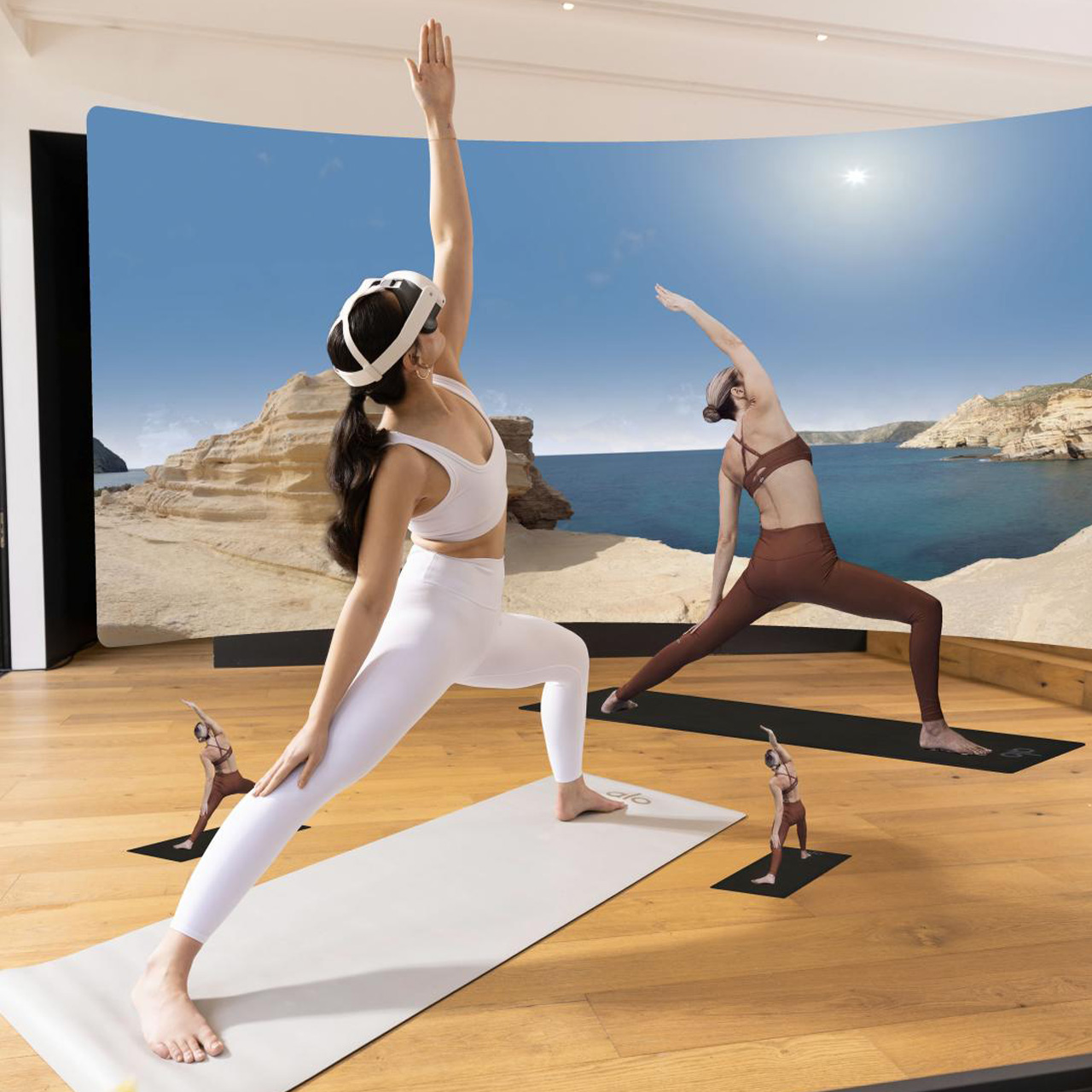

IAA GLOBAL AWARDS
MUSE Awards
Vega Awards
NYX Awards
TITAN Awards
- TITAN Business Awards
- TITAN American Business Awards
- TITAN Property Awards
- TITAN Women In Business Awards
- TITAN Health Awards
- TITAN Innovation Awards
- TITAN Brand Awards

